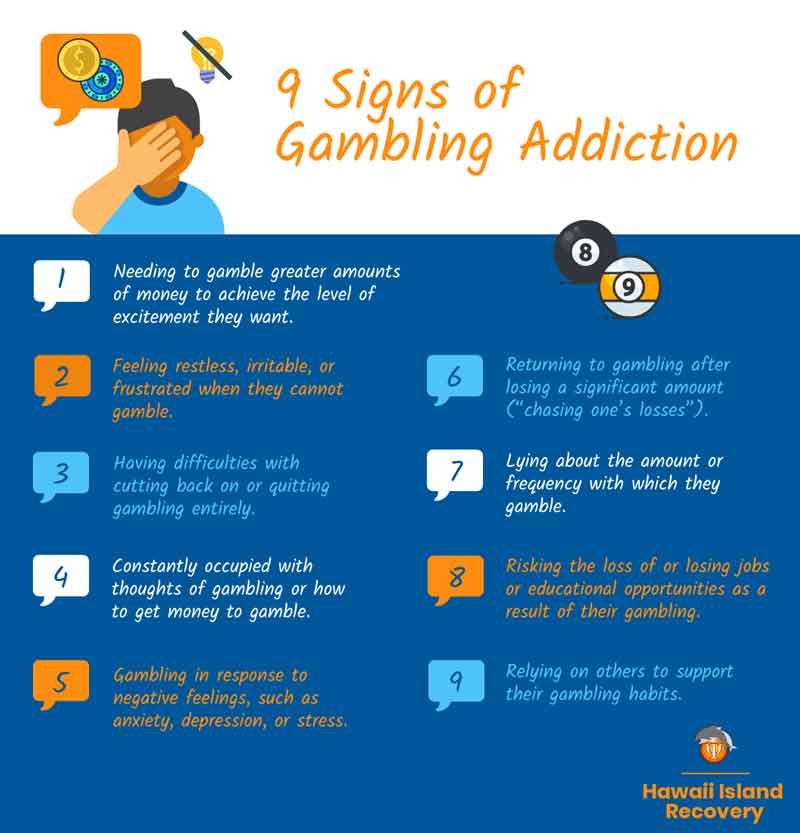In today’s technology-driven world, online gambling has become increasingly popular. With the click of a button, individuals can access a wide array of games and betting opportunities from the comfort of their own homes. While gambling can be a fun and entertaining pastime for many, it can also become a serious problem for others. It’s important to be able to recognize the signs of problem gambling in order to seek help and support for those who may be struggling.
What is Problem Gambling?
Problem gambling, also known as compulsive gambling or gambling addiction, is a serious condition that can have devastating effects on a person’s life. It is characterized by a persistent and uncontrollable urge to gamble, despite negative consequences. Problem gamblers often prioritize gambling over other important aspects of their lives, such as work, relationships, and finances.
Signs of Problem Gambling
There are several red flags that may indicate that someone is struggling with problem gambling. It’s important to be aware of these signs in order to intervene and offer support. Here are some common signs of problem gambling:
Increasing Preoccupation with Gambling
One of the first signs of problem gambling is an increasing preoccupation with gambling. This may manifest as constantly thinking about gambling, planning the next bet, or feeling restless when not able to gamble.
Difficulty Controlling Gambling Behavior
Problem gamblers often find it difficult to control their gambling behavior. They may make repeated unsuccessful attempts to stop or cut back on their gambling, but find themselves unable to resist the urge to gamble.
Chasing Losses
Another common sign of problem gambling is chasing losses. Problem gamblers may continue to gamble in an attempt to recoup their losses, even if it means risking more money than they can afford to lose.
Lying About Gambling
Problem gamblers may also engage in deceptive behaviors, such as lying about their gambling activities or the extent of their losses. They may also hide evidence of their gambling from loved ones in an effort to keep their addiction a secret.
Financial Problems
Financial problems are a major consequence of problem gambling. Individuals struggling with gambling addiction may experience significant financial losses, borrow money to fund their gambling habit, or neglect important financial obligations such as bills and rent.
Interpersonal Issues
Problem gambling can also lead to interpersonal problems. A person may become increasingly isolated from friends and family, experience relationship difficulties, or exhibit mood swings and irritability as a result of their gambling addiction.
Seeking Help for Problem Gambling
If you or someone you know is exhibiting signs of problem gambling, it’s important to seek help as soon as possible. There are resources available for individuals struggling with gambling addiction, including counseling, support groups, and treatment programs. It’s never too late to seek help and take control of your gambling behavior.
Conclusion
Problem gambling is a serious issue that can have far-reaching consequences on a person’s life. By being able to recognize the signs of problem gambling and seeking help when needed, individuals can take the first step towards recovery and rebuilding their lives. If you or someone you know is struggling with problem gambling, don’t hesitate to reach out for support. Remember, help is available, and you are not alone.
